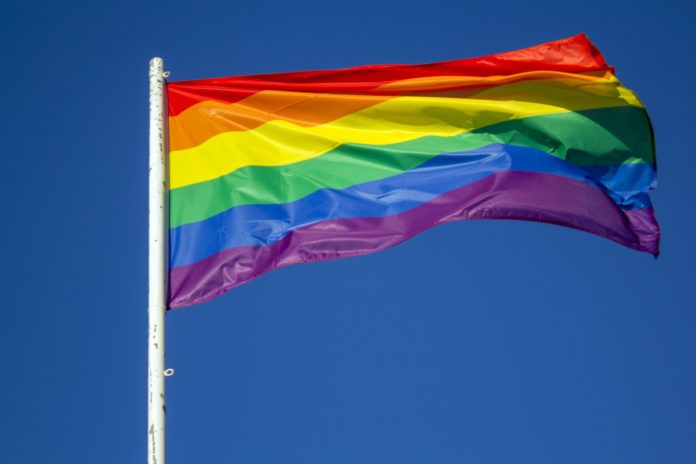
Find this information useful? YubaNet is powered by your subscription
GENEVA (17 June 2022) – Discrimination and violence based on sexual orientation and gender identity deprive countless people around the world of their right to the highest attainable standard of physical and mental health, a UN expert told the Human Rights Council today.
Unless they are addressed and eradicated, he warned, the Sustainable Development Goals pledge to “leave no one behind” will not be met.
In his latest report to the Council, Victor Madrigal-Borloz, the Independent Expert on protection against violence and discrimination based on sexual orientation and gender identity (SOGI), presents an overview of the health-related harms inflicted on lesbian, gay, bisexual, trans and other gender diverse persons, and intersex persons (LGBTI). These include: rape and other sexual and gender-based violence, forced sterilisation, so-called “conversion therapy” and surgery without consent; blatant discrimination and abuse at the hands of health systems and providers; increased risk of HIV/AIDS and other communicable diseases resulting from exclusionary prevention and education programs; denial of essential health services, including sexual and reproductive health and gender-affirming services; and increased incidence of severe mental health harms such as trauma-related depression, anxiety and suicidal ideation.
The report analyses the social and institutional drivers of health-related discrimination and violence based on SOGI, including pathologisation, criminalisation, stigmatisation and negation.
“These factors not only fuel discrimination and violence, but are used to condone it, perpetuating the impunity and invisibility surrounding it”, said Madrigal-Borloz. “They are in flagrant breach of international human rights norms and universal medical ethics; they also fly in the face of recently agreed global development goals.”
Using the mandate’s ASPIRE framework, Madrigal-Borloz lays out a set of actions to meet these challenges. Most fundamentally, States should acknowledge that ‘leaving no one behind’ also means a supportive and protective environment for LGBTI-serving and LGBTI-led organisations, and their allies, to carry out their work without fear or arbitrary restriction, creating channels for meaningful representation and participation in Sustainable Development Goals tracking and implementation.
The evidence presented in the report highlights the relevance of the 2030 Agenda for Sustainable Development as a spur to action against health-related inequality and discrimination.
“As we reach the 2030 Agenda mid-point, the time has surely come to recognise LGBTI persons unequivocally as full subjects of rights and agents of development, and I call on States and other stakeholders to honour that aspiration in all their sustainable development efforts from here to 2030,” the expert said.
Mr. Victor Madrigal-Borloz (Costa Rica) assumed the role of UN Independent Expert on Protection against violence and discrimination based on sexual orientation and gender identity for a three year period starting on 1 January 2018. He serves as the Secretary-General of the International Rehabilitation Council for Torture Victims (IRCT), a global network of over 150 rehabilitation centres with the vision of full enjoyment of the right to rehabilitation for all victims of torture and ill treatment. A member of the UN Subcommittee on the Prevention of Torture from 2013 to 2016, Mr Madrigal-Borloz was Rapporteur on Reprisals and oversaw a draft policy on the torture and ill-treatment of LGBTI persons.
The Independent Experts are part of what is known as the Special Procedures of the Human Rights Council. Special Procedures, the largest body of independent experts in the UN Human Rights system, is the general name of the Council’s independent fact-finding and monitoring mechanisms that address either specific country situations or thematic issues in all parts of the world. Special Procedures experts work on a voluntary basis; they are not UN staff and do not receive a salary for their work. They are independent from any government or organization and serve in their individual capacity.








